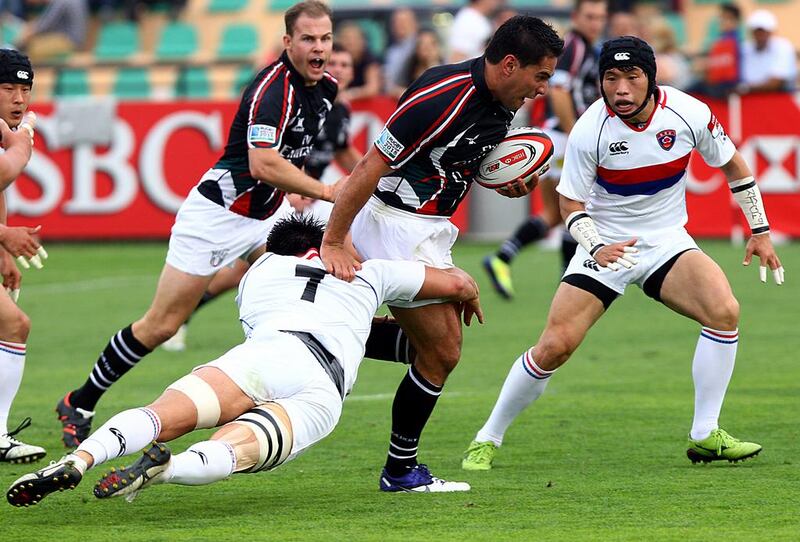Plenty of well-meaning people have tried to solve the problem that is Asian rugby.
Significant finances have been thrown at it, the competition structure has been redrawn and rethought, and we are probably no further advanced than we were in 2008, when HSBC took on the vast undertaking of underwriting the costs of new tournaments, which took in representative sides from Japan to Mongolia to Uzbekistan.
The sport’s rulers, the International Rugby Board, have long believed Asia could be a key growth market for the sport. Maybe that is the case in sevens, but XVs has struggled.
The World Cup is in Japan in five years, and it has long been hoped that more sides from the continent than just the host nation would be worthy of playing at the sport’s flagship competition. It is questionable whether that will be the case at the current rate.
Japan are still miles ahead, on their own.
The next two, South Korea and Hong Kong, have not closed the gap appreciably enough to the extent that they are going to beat Japan any time soon.
They have created a little second division for themselves, though, stretching way ahead of the next-best sides from places such as Sri Lanka, the Philippines, Kazakhstan and Singapore. That is not especially healthy.
Hong Kong have been the major climbers during the past six years. Perhaps that is fitting, seeing as they were the major drivers behind getting HSBC on board.
At least, they have shown what can be done with an enviable bank balance and a cohesive development plan.
Two weeks ago, they beat the Philippines 108-0 on the opening day of the Asian Five Nations. Hong Kong could finish third in that competition and the Philippines fourth.
So you see why drastic remedial work is needed for that competition. If it was a schools match, that fixture would be dropped next year.
In some countries, the junior teams would be mixed around at half-time to ensure a more competitive encounter.
For too long, sides have played out one-sided international fixtures, incurring large travel costs in the process.
The revamp of the game in Asia, which will take place next year, is clearly not coming before time.
pradley@thenational.ae
Follow us on Twitter at SprtNationalUAE






